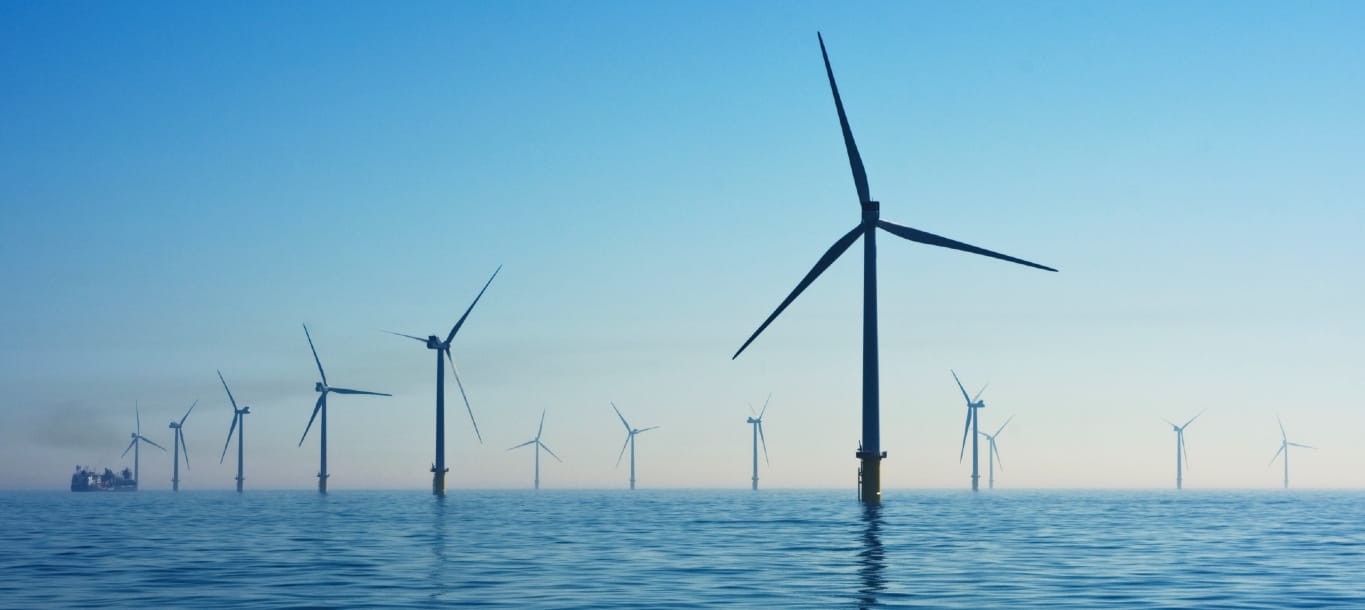What is renewable energy?
In order to combat the effects of climate change, there has been renewed interest in the use of renewable energy. Renewable energy, sometimes referred to as clean or sustainable energy, is energy from sources that are naturally replenished and cannot run out. There are five main renewable energy sources: solar power, wind energy, geothermal energy from heat inside the earth, biomass from plants and hydropower from running water.
Using renewable energy reduces some types of air pollution, diversifies the energy supply, and decreases the greenhouse gas emissions that come from fossil fuels.
What is a renewable energy engineer?
As a renewable energy engineer, you’ll help to produce renewable sources of energy. Given the concerns surrounding global warming and non-renewable energy, you’ll work to find energy sources that are clean, efficient, and easily accessible. Once found, you’ll work to supply this energy to our communities and homes.
What are the responsibilities of a renewable energy engineer?
Day to day responsibilities include: deciding the best location for energy generation (such as where a wind farm should be located), designing equipment, checking site conditions (both above and below ground) so that renewable technologies can be installed, conducting research into the most cost effective processes, and remaining up-to-date with legislative and environmental standards.
What skills do I need to be a successful renewable energy engineer?
You’ll need to be passionate about science and the environment, and to be knowledgeable about legislation surrounding energy efficiency and renewable energy. It’s also important to have good written and verbal communication skills. This will help you negotiate with contractors, geologists and governmental officials, allowing you to explain complex topics in a way that the general public can understand.
You’ll also need a good eye for detail and analytical skills. Finally, IT skills are also important. You’ll need to understand how to use 3D software like AutoCAD, and how to use a computer for complex tasks.
How do I become a renewable energy engineer?
To enter the field, it's a good idea to have a qualification in either engineering or a science subject. Some employers may also require a postgraduate qualification, especially if your undergraduate degree isn’t STEM related. There’s also a number of apprenticeship programmes available within the sector, with Vital Energi and EDF Energy just two companies offering renewable energy apprenticeships. UCAS has some information about the different engineering apprenticeships available.
To boost your chances of employability, you might want to seek out relevant work experience. As an apprentice, you'll receive hands-on, paid work experience. If you're at university, why not complete an internship to gain hands-on experience while you study? University students can also complete a placement year as part of their degree, or look into renewable energy organisations such as Student Energy and the Energy Institute. Even if you don’t secure a job, networking with employers at these organisations can provide you with valuable insights into the field.
